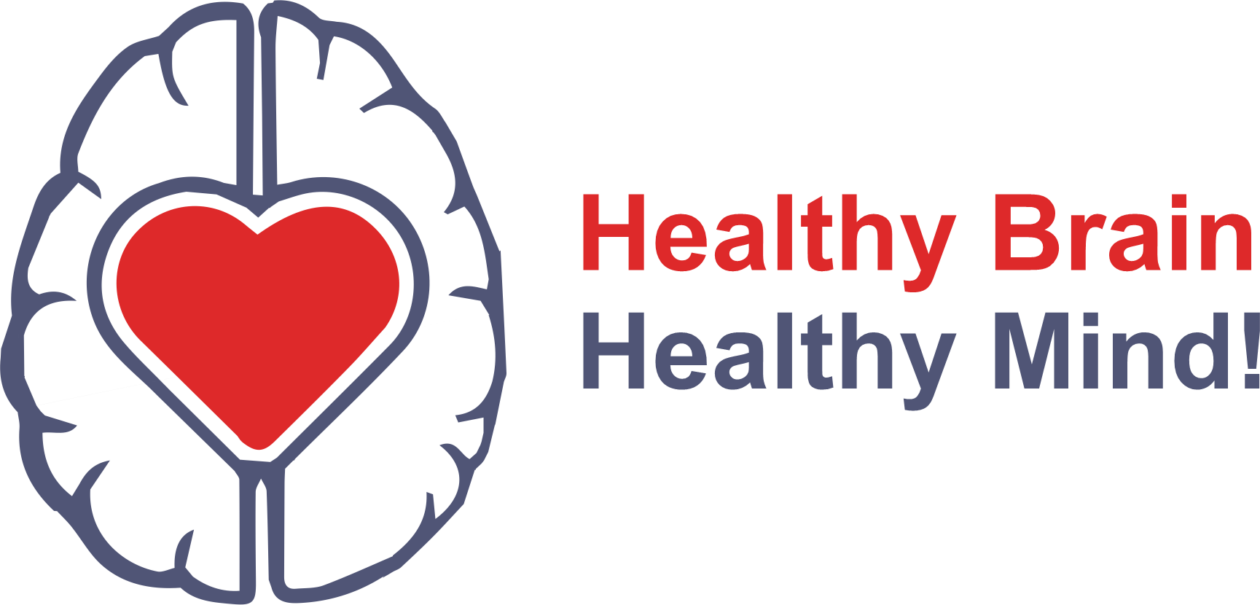Ask for help
If you are depressed, ask for help. Have an advocate (parent, friend, or spouse) present at key meetings with your primary care physician, psychologist, and psychiatrist. We are not health care professionals. Please contact your health care professionals regarding treatment options.
Tests can rule out a biological basis of depression such as issues with thyroid function, glucose metabolism, or vitamin levels. Laboratory testing can be conducted to measure the level of brain healthy vitamins and minerals. Tests can determine whether you have healthy levels of vitamins such as B, C, D and folic acid and minerals such as magnesium and zinc. Adequate levels of vitamins and minerals might help to fend off depression. Furthermore, a saliva test to measure stress cortisol levels can be a starting point for further treatment planning
A psycho-social assessment may be helpful in understanding the nature of your depression and the intensity of your symptoms.
Provide your psychologist with permission to access your blood test and saliva test results. This may help to understand the origin of your symptoms, and to target your therapy to manage specific issues, such as fatigue, poor sleep, weight gain, and stress-reactivity.
Ask about mind-body exercises such as karate, yoga, and mindfulness meditation. Acupuncture and the use of homeopathy have also been helpful for some. Consider inquiring about over-the-counter supplements such as Omega 3 Fish Oil and Sam E. All treatment plans can be tailored to your specific needs and interests. A body in balance can more easily maintain Dopamine (the social hormone), Serotonin (the feel-good hormone) and Cortisol (the stress hormone) at a healthy level without any of the side effects of medication.
Ask whether medication is the best option for you based on the severity of your symptoms and laboratory findings.
Research shows that Selective Serotonin Reuptake Inhibitors (SSRIs) do not work approximately 50% of the time, and there is no way to look inside the brain to see if and whether these medicines work in individual cases. Ask about medication that helps to maintain healthy levels of Dopamine and Cortisol.
Ask your psychiatrist about integrated care, to coordinate with your counselor and your primary care physician. Integrated care and the combination of medication with psychotherapy have been shown to be most effective for long-term mental health.
INVOLVE TODAY
How to Get Help?
If you or anyone you know is suffering from depression and needs to speak to someone for support, please contact:
- 1-800-273-8255 (TALK)
- 988 - Suicide Hotline
- Depression & Bipolar Support Alliance
- Crisis Text Line




